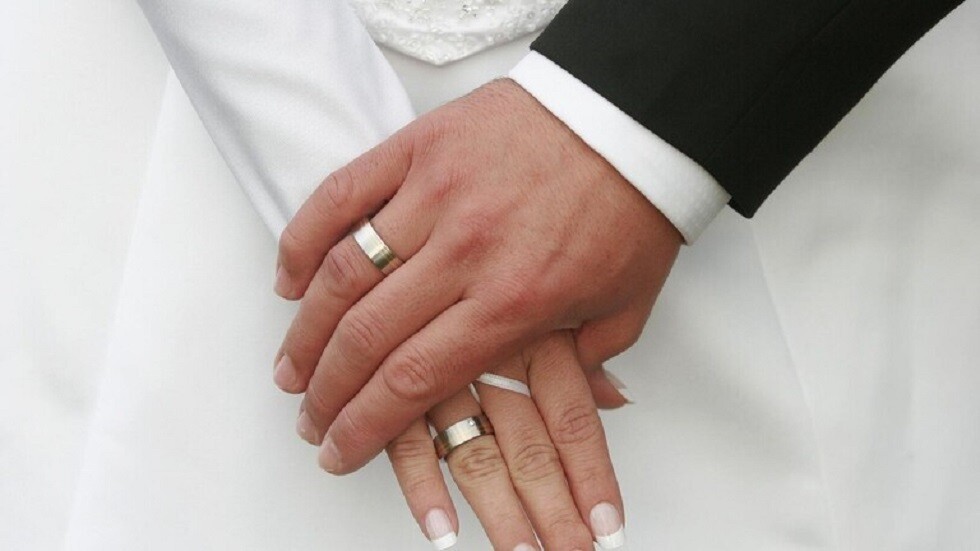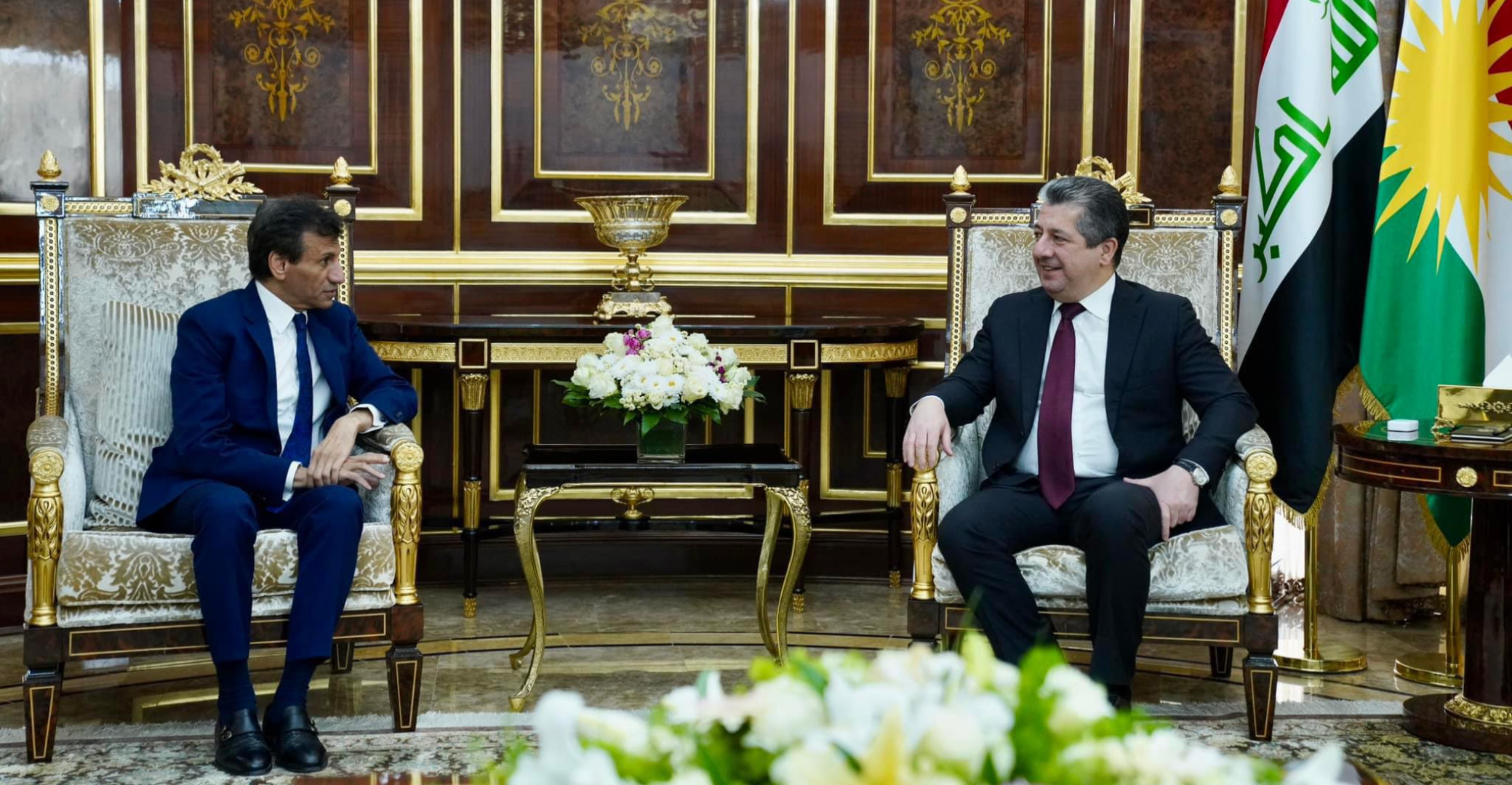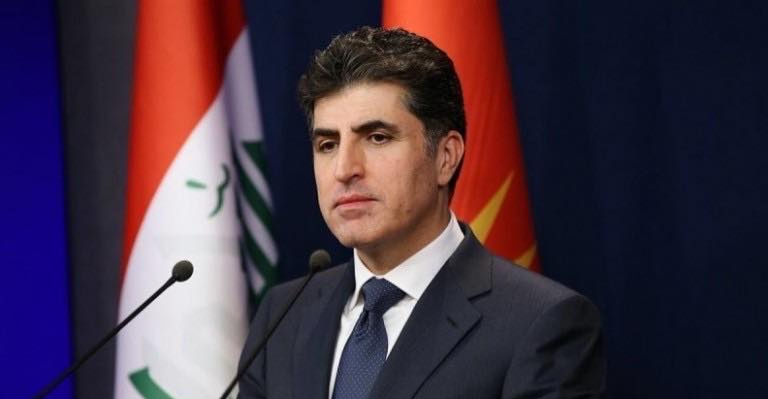Challenges and marriages: The dismal reality of Syrian women in Iraq

Shafaq News / The ongoing Syrian conflict, marked by war, displacement, and dire economic conditions, has forced many Syrian women to seek refuge and stability through marriage or employment in neighboring Iraq.
This migration, however, has exposed these women to exploitation by unscrupulous brokers in both Syria and Iraq.
The Iraqi public has recently been preoccupied with the issue of Iraqi men marrying Syrian women.
This trend is driven by the argument that marrying an Iraqi woman is prohibitively expensive due to the high dowry, averaging around 30 million Iraqi dinars ($23,000). In contrast, marrying a Syrian woman costs between $500 and $3,000.
Syrian Refugee Crisis
The number of Syrian refugees in Iraq is estimated at around 260,000, mostly in the Kurdistan Region, according to the latest official statistics from the United Nations High Commissioner for Refugees (UNHCR).
Iraq ranks fourth after Turkiye, Lebanon, and Jordan in terms of Syrian refugee numbers, following the turmoil in Syria in 2011.
Over 14 million Syrians have been forced to flee their homes since 2011, with around 6.8 million internally displaced and 90% of the population living below the poverty line.
Earlier this year, the Iraqi Ministry of Labor and Social Affairs revealed the presence of around 300,000 undocumented Syrian workers in the country.
Challenges and Marriages
Syrian refugee Mai (23 years old) from Aleppo recounted how economic hardships and limited job opportunities in Syria prompted two of her four sisters to travel to Iraq in search of employment, particularly in Erbil and Baghdad. According to Mai, they found numerous job opportunities there.
Mai, speaking to Shafaq News Agency, mentioned that after a period of working in Iraq, her sisters married Iraqi men.
The dowry for her 18-year-old sister was $1,500, and for her 19-year-old sister, it was $1,400. Despite their current financial stability, Mai noted that "they face psychological pressures and occasional family issues."
Earlier this year, the Syrian Ambassador to Iraq, Sattam Jadaan Al-Dandah, said that nearly 5,000 marriage contracts were registered in 2023 between Syrian women and Iraqi men.
Moreover, Rashid Ali Jan, the Global Peace Ambassador for Human Rights, has highlighted the issue of Iraqi men marrying Syrian women amid dire circumstances in Syria since the 2011 war.
He emphasized the collapsed security and dismal living conditions, where monthly wages barely reach $15, insufficient for daily expenses.
Speaking to Shafaq News Agency, Jan stated that "some Iraqis exploit Syrian vulnerabilities, with approximately 3,500 Syrian women in Iraq currently missing and their families unaware of their whereabouts."
He explained that "these women arrived in Iraq either through employment contracts or marriage agreements brokered by intermediaries between Syria and Iraq, often deceiving them with misrepresented facts about their prospective husbands."
Furthermore, he noted instances where these intermediaries deceive Syrian women by showing pictures of young Iraqi men for marriage, only for them to discover upon arrival in Iraq that their husbands are older than portrayed or that their employment contracts are fraudulent.
Jan highlighted that due to these circumstances, "some Syrian women are coerced into prostitution and massage parlors after being deceived into signing blank documents or facing exorbitant insurance fees up to $10,000, with threats of legal action if they fail to pay."
Regarding marriage transactions, Jan pointed out that "dowries range from $500 to $3,000, resembling transactions due to many women losing family support during the war, making them vulnerable to exploitation."
He concluded by emphasizing the tragic situation faced by many Syrian women in Baghdad, subjected to "unwanted work, torture, beatings, and humiliation."
Exploitative Marriages
Activist Sarah Jassem has voiced concerns regarding marriages between Iraqi men and Syrian women, highlighting both positive and problematic outcomes.
Speaking to Shafaq News Agency, Jassem noted complaints about these marriages, describing them as either temporary and ending abruptly or escalating to the point where children are taken from the wives, who are then abandoned.
Jassem criticized the "commodification of these marriages on social media," lamenting the demeaning portrayal of Syrian women as if they are "mere commodities." She emphasized that "such topics are often trivialized and ridiculed in ways that would never be acceptable for women from one's own country."
Furthermore, Jassem pointed out that "many of these marriages often result in the Syrian woman becoming a second wife. Instead of addressing issues like loneliness, these marriages can exacerbate marital problems, potentially leading to divorce." "When the first wife discovers the second marriage, it often leads to a crossroads where she must decide whether to seek divorce or abandon the second wife, illustrating the exploitation inherent in such unions."
Legal Aspects
Regarding the legality of these marriages, lawyer Walid Al-Shabibi stated, "Personal status laws in Iraq apply to Iraqis marrying non-Iraqis, including Syrians. There is no issue with their authentication in Iraq or Syria."
"However, each contract authenticated outside Iraq must meet both legal and Sharia conditions and be authenticated in an Iraqi appellate court if the marriage was conducted civilly (contrary to Islamic law). For instance, if an Iraqi marries a Syrian in Damascus, the marriage must be authenticated in an Iraqi appellate court."
He added, "As for marriages involving minors, they are considered illegal in Iraq and are not permissible. However, due to the Sharia's involvement, they do happen, and the judge cannot reject them; they must authenticate them."
"Although the law explicitly punishes those who conduct such marriages outside the court, minors under 15 years cannot enter into marriage without the presence of their legal guardian. The court must hear the guardian's consent for such marriages. Those under 15 can marry outside the court, such as by a religious figure. If they apply to the court, they are referred to the investigative court, where they may face imprisonment or fines. However, after 2003, fines have been the primary punishment."
Regarding dowries, Al-Shabibi clarified, "There is no issue with a marriage contract stipulating a financial amount, whether it is 1,000 or 1 billion Iraqi dinars, or non-monetary items like a copy of the Quran."
"However, in cases where disputes arise and divorce occurs, and the judge finds that the dowry was a non-monetary item, the judge typically refers to the customary dowry. This involves appointing an expert to assess the dowry based on criteria such as age, appearance, social status including wealth and education, and other relevant factors, thus determining a customary dowry."



